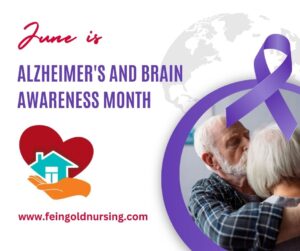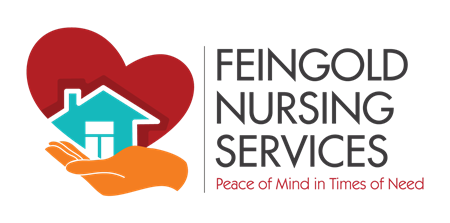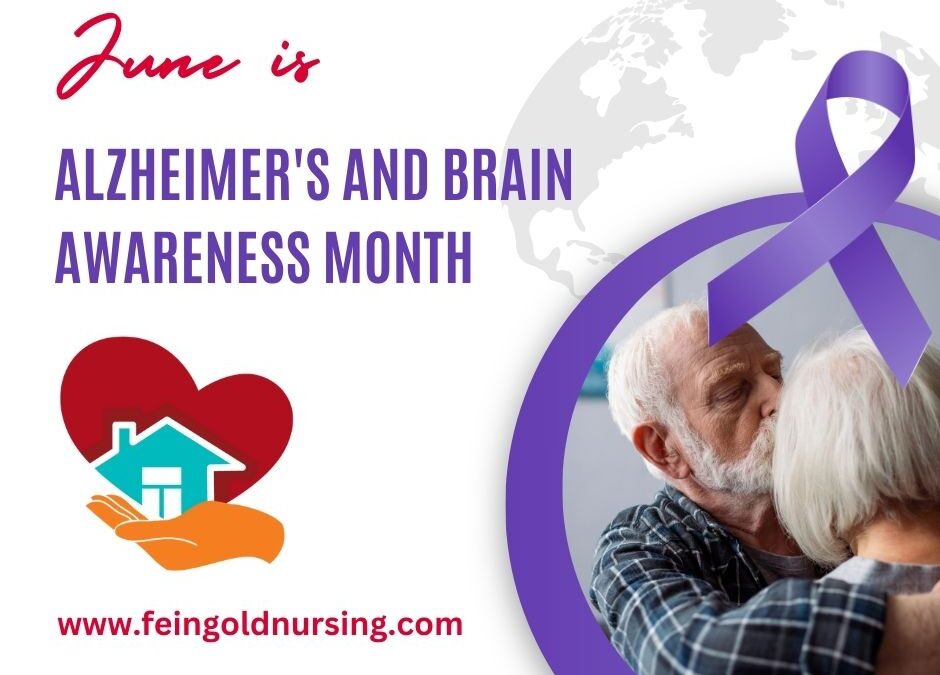Alzheimer’s and Brain Awareness Month, observed annually in June, serves as a crucial platform to raise awareness about Alzheimer’s disease and other forms of dementia. This global initiative aims to educate the public, support individuals and families affected by these conditions, and advocate for continued research to find effective treatments and ultimately a cure.
Alzheimer’s disease, the most common form of dementia, is a progressive neurodegenerative disorder that primarily affects older adults. It gradually impairs memory, thinking skills, and eventually the ability to carry out simple tasks. As the population ages worldwide, the prevalence of Alzheimer’s continues to rise, making it a significant public health concern. Currently, there is no cure for Alzheimer’s disease, which underscores the urgency of early detection, intervention, and ongoing research.
During Alzheimer’s and Brain Awareness Month, various organizations, healthcare professionals, caregivers, and advocates come together to promote understanding and offer support to those affected by Alzheimer’s and related dementias. Events such as educational workshops, fundraisers, and community outreach programs help spread knowledge about risk factors, symptoms, and available resources for patients and caregivers alike.
Beyond awareness, the month also serves as a reminder of the importance of brain health throughout our lives. Adopting a healthy lifestyle that includes regular physical activity, a balanced diet, mental stimulation, and social engagement may help reduce the risk of cognitive decline and promote overall well-being.
Moreover, Alzheimer’s and Brain Awareness Month encourages policymakers to prioritize funding for dementia research and healthcare services, aiming to improve diagnosis, treatment, and support systems for patients and their families.
In conclusion, Alzheimer’s and Brain Awareness Month shines a spotlight on the impact of Alzheimer’s disease and dementia globally. It fosters a sense of community among those affected and empowers individuals to take proactive steps towards brain health. By working together, we can enhance public understanding, support affected individuals and families, and strive towards a future free of Alzheimer’s disease.


Recent Comments